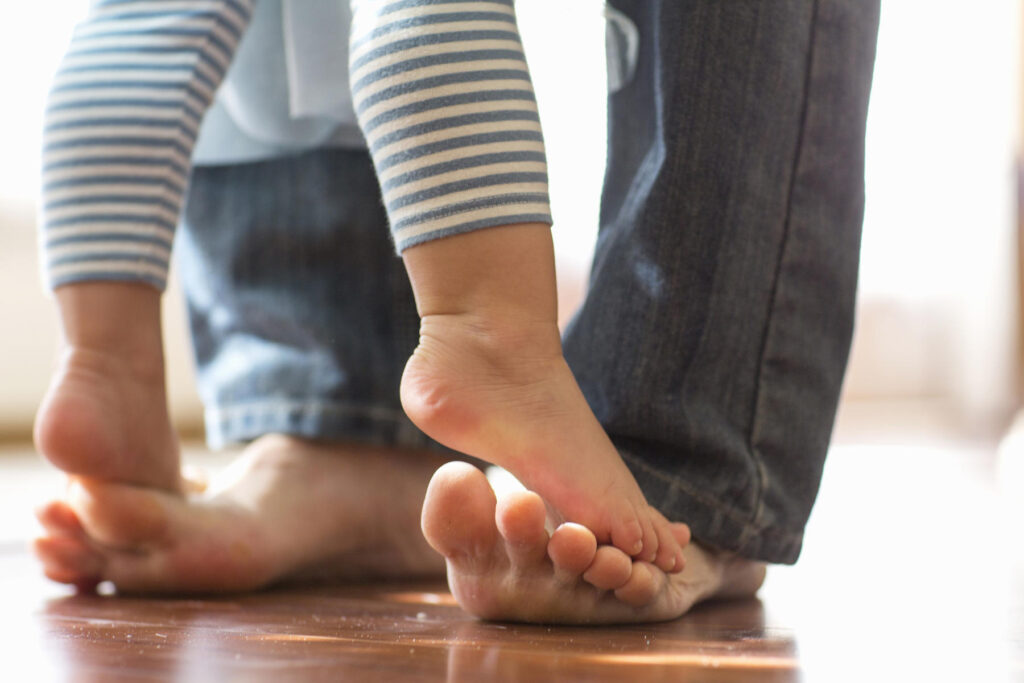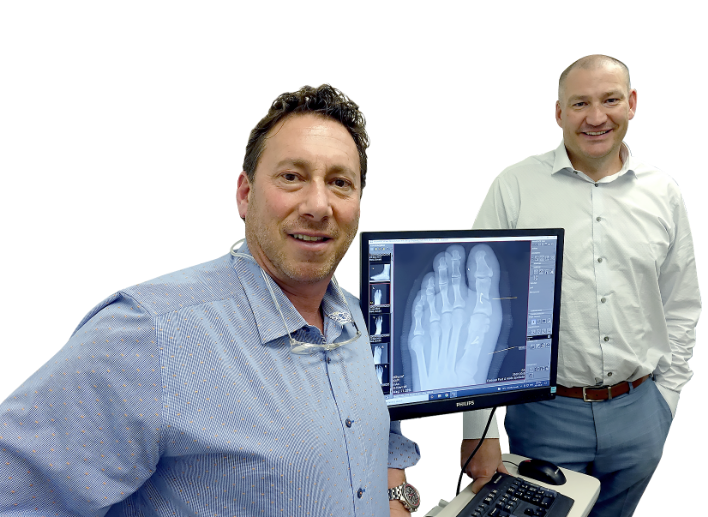Share Post
Common Foot Disorders Linked to Genetics: Causes and Solutions
In a recent study Published in 2013, the study’s lead investigator, Dr. Marian Hannan, an associate professor of medicine at Harvard Medical School, said the study was significant because it was “the first time the link between foot problems and genetics had been examined.” Recent podiatric research finds that heredity will frequently play a significant role in foot shape and confirms that foot deformities, like bunions, are “highly heritable.”
According to Dr. Sherman Nagler of the Nagler Foot Center, “Genetic background and family history can definitely assist doctors to watch out for signs, diagnose issues, and intervene with therapies, as soon as feasible.
Numerous things, including your choice of shoes or having a medical condition like diabetes, might contribute to foot issues. In addition, a lot of foot issues may have a genetic component.
Although genetics play a role in foot disorders, it is crucial to understand that they are not the sole determinant. Other factors such as environmental influences, lifestyle choices, and non-genetic elements can also play a significant role in the onset of these conditions.

Although many foot issues run in families, this does not guarantee that you will have them. You may be more likely to acquire a condition like a bunion if a parent or grandmother also has one, but there are steps you can take to lower your risk and stop genetically inherited foot issues from occurring in the first place.
Common Foot Problems That Can Be Hereditary
- Bunions
- Hammertoe
- Flat feet
- Ingrown toenails
- Foot ulcers.
You can take a number of steps to lower your risk of developing hereditary foot issues. One of the most crucial things to do is to visit a podiatrist as soon as a problem arises. Feldman & Leavitt Foot and Ankle Specialists podiatrists can provide routine foot exams and make suggestions for maintaining good foot health.
Tips to Lower Your Risk of Foot Issues
- Wear shoes that fit properly and are comfortable. Avoid wearing high heels or shoes with a tight toe box.
- Use warm water and mild soap to wash your feet every day. After washing, be sure to completely dry your feet.
- Every day, look for abnormalities or symptoms of injury on your feet. Do not attempt to cure any calluses or corns on your feet at home; instead, visit a podiatrist for care.
If you’re experiencing pain and discomfort with Foot Disorders, consider speaking to our top-rated Podiatrist or Visit Feldman & Leavitt Foot and Ankle Specialists about the best treatment plan for your needs.
As a general rule, Foot Ulcers procedures are performed on an outpatient basis in an Alberta Health Services (AHS) approved Surgical Center or in a Hospital. Surgical procedural costs are covered by AHS or the patient may opt for private surgery to avoid a waiting time. A visit to Feldman Foot And Ankle Specialists will CLEARLY define all available patient options.

